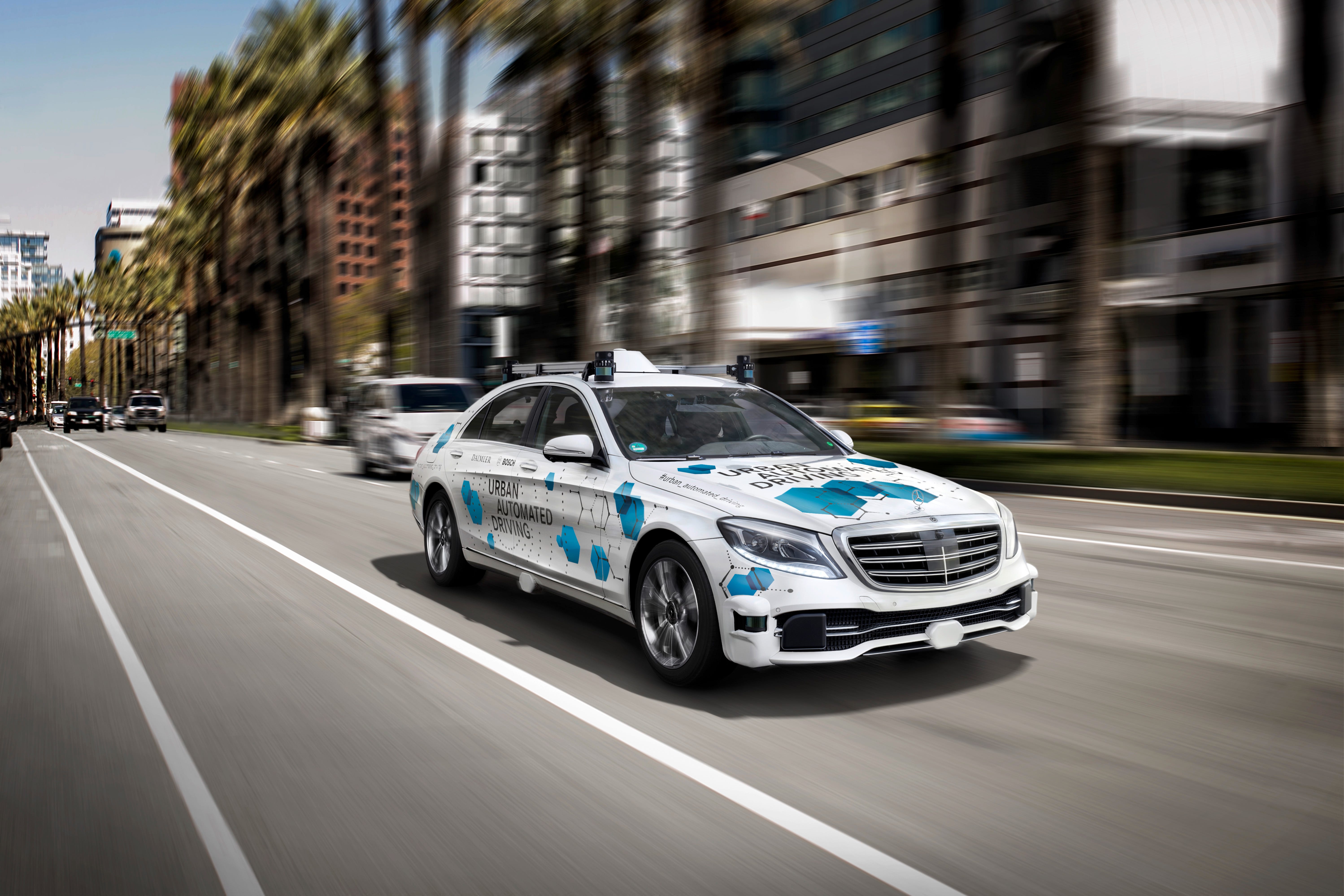Robo-taxi industry could be worth $2 trillion by 2030

The global robo-taxi market might be worth over $2 trillion a year by 2030, and mass adoption of driverless vehicles could provide a significant boost to a number of existing sectors, according to UBS Group AG analysts.
The estimate is based on a UBS Evidence Lab simulation of a robo-taxi fleet in New York that optimized routes and riders’ connections with vehicles, along with metrics like running costs, utilization rates, margins and charging-station network size, analysts including David Lesne wrote in a report. The number of taxis operating in New York could be cut by two-thirds once cars are fully autonomous, they said.
The market figure includes revenue streams from making the vehicles and tires, providing the electricity, building charging stations and the semiconductors that would be needed to back up the tech, they said. Ride-sharing firms like Uber Technologies Inc. and Lyft Inc. will probably be at the forefront, but UBS also cited General Motors Inc. and Volkswagen AG among automakers with leading roles. Utilities, telecommunication operators, tire producers, chipmakers and internet stocks could also benefit.
The system is feasible both technologically and financially and “once the inflection point is reached, we believe the growth rate for robo-taxi adoption will be steep,” the analysts said. The production-equipment industry, including manufacturers such as Siemens AG and ABB Ltd., is also “ready for this transition.”
The robo-taxi model has come into focus recently after Elon Musk included the technology as part of his pitch on the future of his embattled Tesla Inc. Alphabet Inc.’s Waymo is the other prominent name with major plans for the sector, and German carmaker Daimler AG is also investigating the market.
Even so, auto manufacturers are keeping an eye on consumer wariness of the technology following high-profile crashes which have stoked fears among potential passengers. Industry experts have said the slower and more regulated nature of autonomous-vehicle testing in Europe may help to reduce the number of accidents.